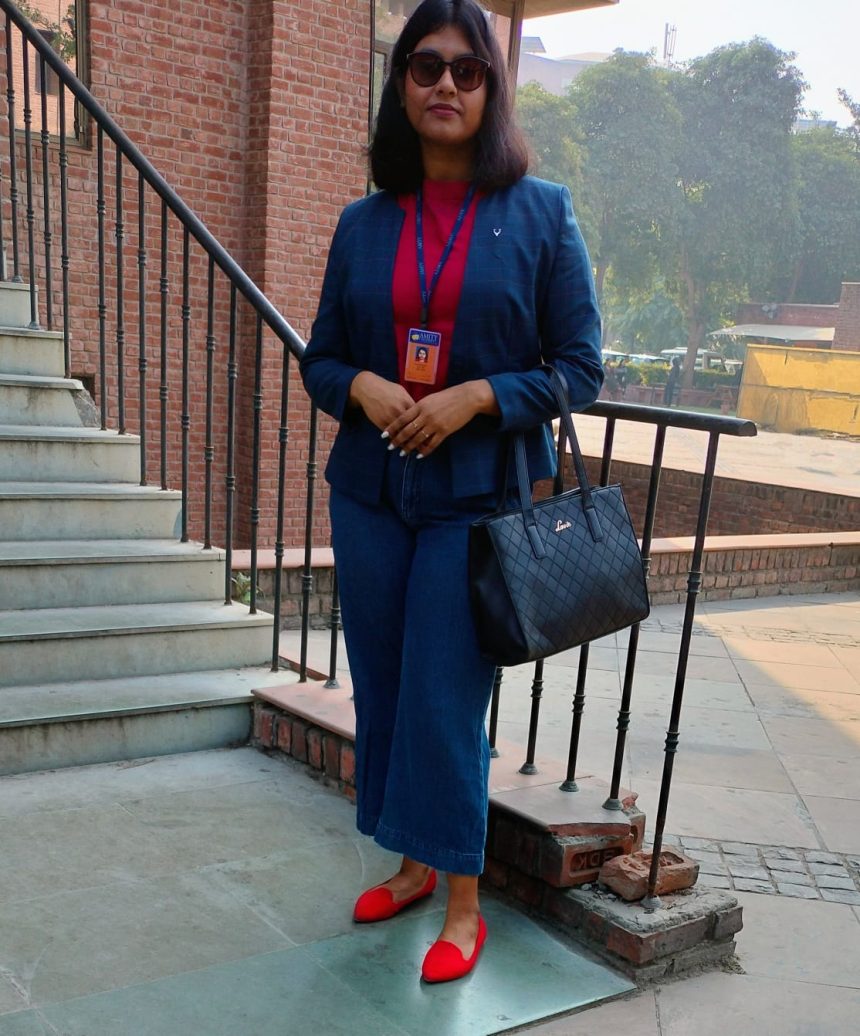Author By – Arunima Dutta
The position of Afghan women has piqued academic curiosity, owing to the harsh patriarchal hegemony to which they have been subjugated. Due to terrorism, several invasions, and conflicts over the past forty years, Afghanistan has seen an immense transformation. The collapse of the Afghan government and Taliban control of Kabul on August 15, 2021, signifies an enormous shift in the socio-political landscape of Afghanistan. Following their coup, the Taliban made promises to grant women’s rights within the confines of Sharia Law in their first public pronouncements. It is crucial to remember that the specific healthcare situation under the current Taliban control may change and be affected by a number of factors. However, drawing a comparison between the events in “A Thousand Splendid Suns” and the potential difficulties experienced by women in healthcare now helps to clarify the continual challenges that Afghan women may face.
It is not difficult to envision the terrible state of women’s healthcare in a situation when women’s legal rights and fundamental human identities are violated. According to the UN Women report, “freezing of international aid has had a tremendous impact on the ability to run health services, let alone specialized services for women and girls” (Gender Alert No. 1, 2021, p. 6). Women’s healthcare facilities have gotten worse than anyone could have imagined over the past two years as a result of a lack of the necessary number of service providers, constraints on women’s mobility, difficulties with access in rural regions, shortages of supplies and equipment, and other reasons. As a result of the current circumstances, it has also been noted that “maternal mortality rates for women and girls are expected to rise due to restricted mobility for pregnant women as well as midwives, as well as the rise of child marriage and the associated likelihood of early pregnancy.” (Pages 6-7 of Gender Alert No. 1, 2021). The appalling status of healthcare in Afghanistan is highlighted, especially for women, in Afghan-American author Khaled Hosseini’s book A Thousand Splendid Suns when the doctor remarks about the Taliban following Laila’s delivery.
“They won’t give me what I need. I have no X-ray either, no suction, no oxygen, not even simple antibiotics. When NGOs offer money, the Taliban turn them away. Or they funnel the money to the places that cater to men.” (Hosseini, 2008)
The doctors had to carry out their responsibilities under such strict restrictions without complaining. In addition, while attending to patients, female doctors had to wear burqas. It was never thought vital to provide women with medical care. Multiple deaths would ultimately result from the appalling healthcare conditions. In another event, we can see the gender discrepancy in the medical field-
“This hospital no longer treats women,’ the guard barked. . .. ‘But this is a women’s hospital!’ a woman shouted behind Mariam” (Hosseini, 2008)
Due to a lack of women’s healthcare services in some areas of Afghanistan under the Taliban government, the suffering and trauma of sick women would only worsen the problem.
In the current circumstance, this fictitious depiction is accurate. Due to Taliban prohibitions, Afghan women experience a number of difficulties accessing the most basic healthcare services and mental health support, indicating that in order to alleviate the situation, other fundamental rights for women must be given top priority. Initiatives to ensure women’s access to healthcare, promote gender equality, and provide required medical resources are vital in meeting the healthcare requirements of Afghan women. The international community, humanitarian organizations, and healthcare providers must collaborate to campaign for women’s rights, support local healthcare infrastructure, and guarantee that women receive the medical care they need under difficult circumstances.


